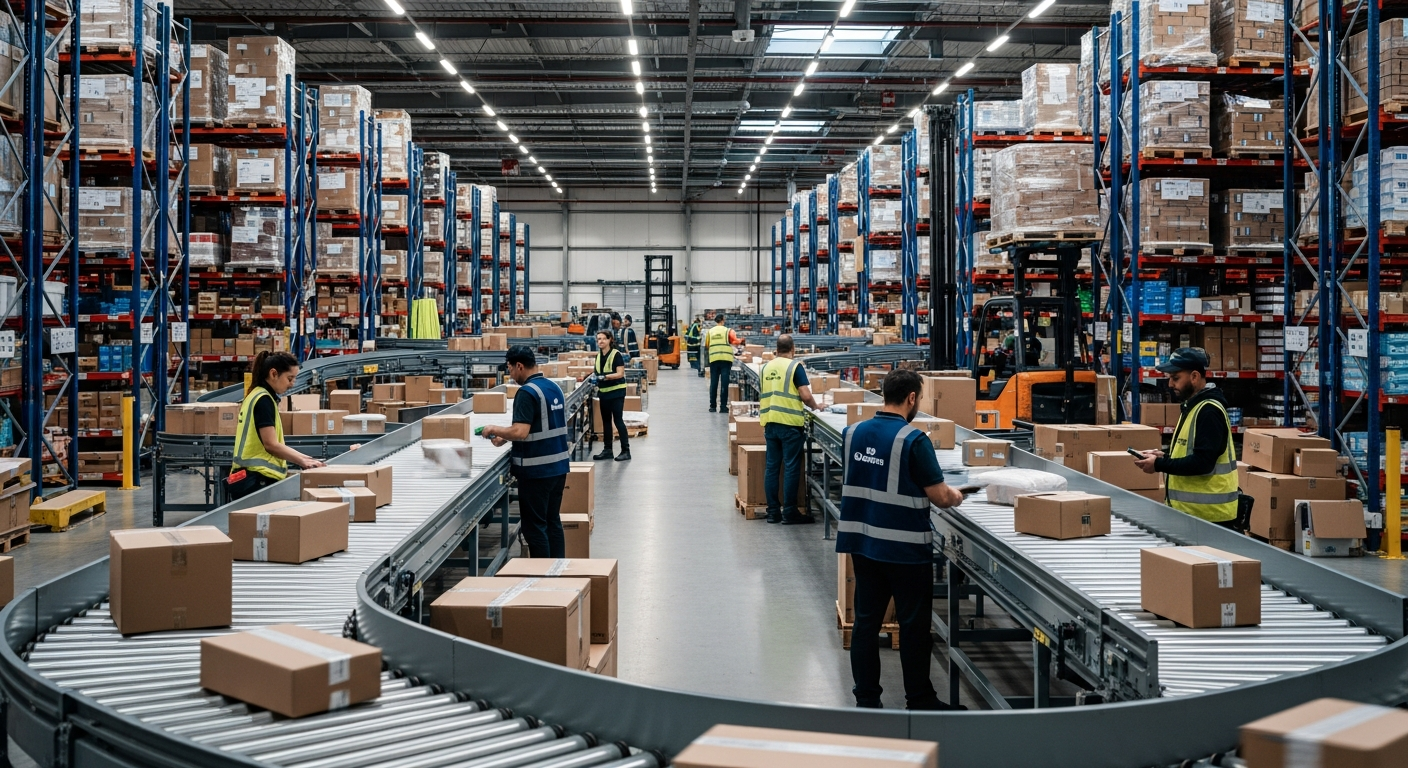The Influence of Legal Precedents on Modern Labor Laws
The sphere of labor laws, often seen as a battleground for the rights of workers, is one that has seen significant evolution over time. Through a series of landmark cases and legal precedents, the face of labor relations and rights in the modern world has been shaped. This article will delve into the intricacies of how legal precedents have influenced modern labor laws, providing a broader understanding of their relevance in today's society.

The Historical Context of Labor Laws
The roots of labor laws can be traced back to the Industrial Revolution, which brought about drastic changes in working conditions and labor relations. The shift from a predominantly agrarian economy to an industrial one saw the emergence of factories with poor and hazardous working conditions. It was during this period that labor laws began to take shape, with the intention of protecting workers from exploitation and improving their working conditions.
Landmark Legal Precedents and Labor Law
Over the years, various court cases and legal precedents have played a significant role in shaping labor laws. For instance, the case of Lochner v. New York (1905) had a profound impact on labor laws. The ruling declared that limits on working hours infringed on the freedom of contract, a principle grounded in the 14th Amendment. It was not until the 1930s, after a series of contentious legal battles, that the Supreme Court overturned the Lochner era decisions, recognizing the government’s role in regulating working conditions and hours.
Current Legal Developments and Labor Law
Contemporary labor law continues to be influenced by legal precedents. A recent example is the Epic Systems Corp v. Lewis case (2018), where the Supreme Court ruled that employers can enforce arbitration agreements signed by employees, thereby preventing them from pursuing class-action lawsuits. This ruling has had significant implications for the rights of workers, affecting their ability to collectively challenge unfair labor practices.
Implications of Legal Precedents on Labor Law
The impact of legal precedents on labor laws cannot be underestimated. They often set the stage for legislative changes, impacting workers’ rights and employer obligations. Legal precedents can either bolster or diminish the protections offered by labor laws, reflecting the dynamic nature of legal interpretations and their influence on society.
The Future of Labor Law and Legal Precedents
The landscape of labor law will continue to evolve, influenced by future legal precedents and sociopolitical factors. As the nature of work changes with advancements in technology and the rise of the gig economy, the interpretation and application of labor laws will be put to the test. This intersection of law and society underscores the importance of legal precedents in shaping the future of labor laws.
The influence of legal precedents on labor laws is a testament to the dynamic nature of the legal system. As societal norms and expectations evolve, so too does the interpretation and application of laws. Understanding the role of legal precedents in this process is essential in appreciating the complexities of labor laws and their impact on society.






